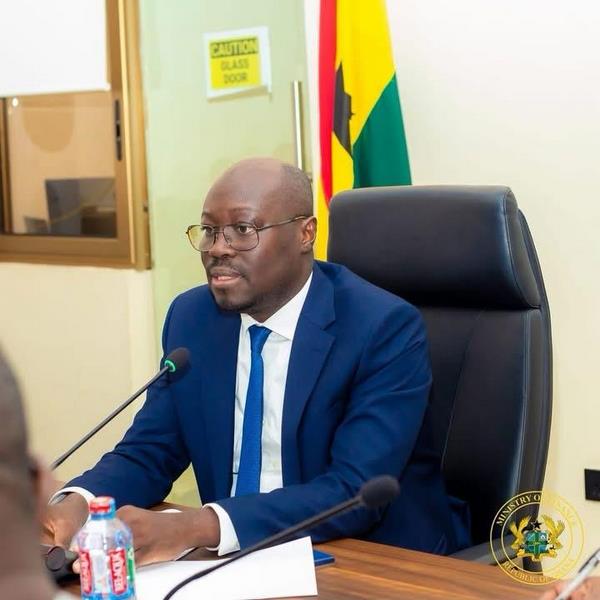The Ministry of Finance has initiated an eight-week forensic audit into GH¢4.4 billion in outstanding government payables, Finance Minister Dr. Cassiel Ato Forson announced during a press conference on April 15, 2025.
The press briefing, held jointly with officials from the Bank of Ghana and the International Monetary Fund (IMF), outlined the scope of the audit, which will be conducted by the Auditor-General’s office in collaboration with two international accounting firms.
The primary aim of the exercise is to verify the authenticity and actual amounts of unpaid government obligations that have accumulated over time.
Dr. Forson emphasized that the audit is part of corrective actions under Ghana’s IMF programme, supported by the Extended Credit Facility. He stated, “These steps are meant to strengthen our public expenditure controls and stop the continued build-up of arrears.”
The audit team will also provide recommendations for addressing any irregularities discovered during the process.
This move follows the government’s failure to meet several targets under the IMF programme, including missing the 2024 primary surplus target. The Ministry attributes this to a “large buildup of payables.”
The audit is part of a broader fiscal reform effort by the government, which includes recent amendments to the Public Financial Management Act. The revised law introduces a debt ceiling of 45% of GDP to be achieved by 2035, mandates annual primary budget surpluses of no less than 1.5% of GDP, and establishes an independent Fiscal Council to oversee public spending.
The audit is expected to conclude in June, ahead of the IMF Executive Board’s review of Ghana’s next tranche disbursement of $370 million. If approved, this will bring the country’s total receipts under the current programme to $2.3 billion.
Dr. Forson’s announcement followed the conclusion of a two-week IMF review mission, which ended with a Staff-Level Agreement between the Fund and the government. The Minister described the agreement as a positive step toward restoring macroeconomic stability and putting public debt on a more sustainable path.
Meanwhile, arrears in the energy sector, which have long been a challenge for the national budget, will be addressed through new payment systems. These include the Cash Waterfall Mechanism and a Single Treasury Account structure designed to regularize payments to Independent Power Producers.
In related measures, the Ministry of Finance will begin publishing quarterly rankings of Ministries, Departments, and Agencies based on their compliance with new spending rules.
ALSO READ:

